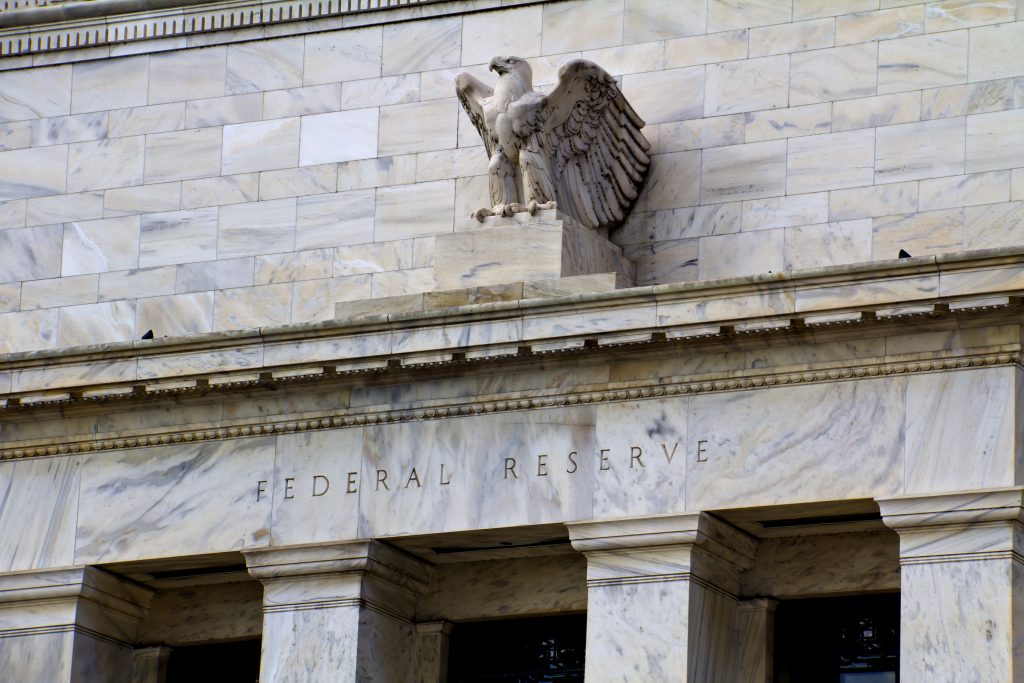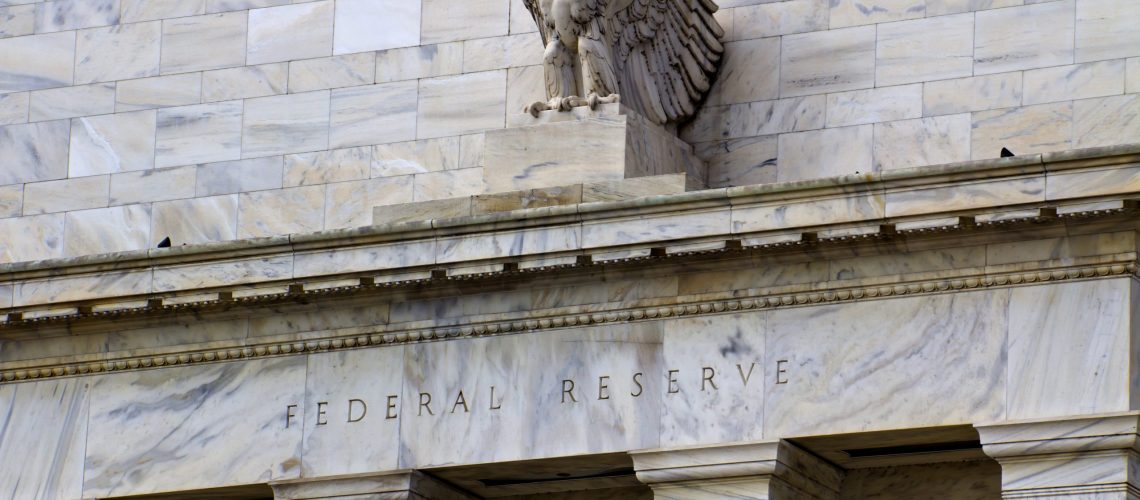
The Federal Government’s role in the Mortgage and Real estate market has grown to an alarming position. Stepping in during the pandemic to ease the stress on the market was essential.
This increased position of power & risk now places greater pressure on the overall stability of the market.
If you bought a home or refinanced in the last couple of years, there is a high chance the investor/holder of that loan is United States of America’s central bank. Such FHA, USDA, VA insured mortgages, as well as other owned mortgage securities. A consequence of the fed’s banking & monetary stimulus strategy throughout the pandemic.
Why does this matter? As the pandemic draws to a close, (or the country chooses to move on and deal with any final lingering public health concerns), The Federal Bank will deal with a series of economical, and political headaches as it works to move away from subsidizing home lending. Its think tanks will work towards this goal by shrinking its portfolio of mortgage-backed securities.
This presents a problem. Suddenly Extracting itself from the market in a significant way risks creating or some fear crashing the housing industry and creating intense political blowback for incurring financial losses for the country.

In review of the Federal Mortgage figures:
On February 2020, the Fed owned $1.4 trillion in mortgage-backed securities, and the number was falling rapidly. After a consistent strategy of pulling out of the housing industry for years after having dipped in deep to drain with the mud and swamp of the disastrous banking community post the 2008 crash. But when the pandemic took hold, the central bank began a new round of bond purchases (known as “quantitative easing”), swelling that number to $2.7 trillion.
The policy contributed to ultra-low mortgage rates that stimulated home buying and refinancing activity until recently.
2022:
Now, as the Fed Bank maneuvers to tighten monetary policy to combat inflation, it will work to shrink this enlarged mortgage portfolio. as the old saying goes; It may turn out to be easier said than done.
- The Fed states that it hopes to in the next 90 days, lower it’s mortgage portfolio by up to $35 billion per month. Most mortgage analysts and lifers doubt it will be able to achieve such figures. The market will be ultra sensitive in a national state of unease and anxiety about inflation and rising life costs.
- Another resistance to the effort might come from the market itself. With rising interest rates to figures not seen this high since 2016, Homeowners have little incentive to sell their home or refinance a mortgage — so these mortgages are likely to stay on the Fed’s books longer.
- the rising costs of living, and obvious truths of inflation’s impact on the country will also present the problem of the back end market. hardship mortgages, delinquencies, defaults, and foreclosures. For over 2 years that ever present and important element of the real estate market has been “inside a glacier, frozen”. Not even “on ice”. As Covid-Era foreclosure protections for homeowners have all been lifted, and lenders had time to reorganize, priorities, and scale up their offices and global call centers. Going into the second half of 2022 they will be prepared to wheel and deal. Instead of refinances that would take the loan out of federal portfolios and into private banks, these loans will instead have payment issues, and become loss mitigation and foreclosure messes for the Fed.
What are the Fed’s options?
Mostly unappealing options. It could come to terms and accept that it will carry on owning an outsized role in the housing market and a higher and more risky balance sheet. Or it could take bolder action and start selling the mortgage securities on the open market. This option is now considered a possibility after review of the minutes of its March policy meeting.
What is the Fed Saying: “Let’s get the program we’ve got underway and up to speed, but then once we’ve got it underway, I think it’ll be worth taking a look at what is happening to the mortgage-backed [securities] on our balance sheet,” Thomas Barkin, president of the Federal Reserve Bank of Richmond, tells Axios.

- “I’m certainly open to a targeted and disciplined way to sell into the market if we’re not headed toward the primarily Treasury balance sheet that we’ve said we want,” he said.
- This could create its own problems. If the Fed sells mortgage securities added in the past few years that pay low rates (2-4%) at a time when prevailing rates are much higher (5-7%), it will accept big financial losses that reduce the funds the central bank returns to the Treasury.
- If that action and reaction occurs, expect Fed officials to face tough call ups from Capitol Hill to appear and explain why they’ve lost billions of dollars on behalf of the American people.
- Worse, the selling of these mortgage assets by the fed would likely push mortgage rates up even higher. This at a time the housing industry is already anxious and stressed from raising interest rates, rising costs from inflation, and overall unease. Homebuilders, real estate agents, and other influential industry groups will make their unhappiness known to elected officials.
Big Picture:
The Fed’s pandemic actions fueled a housing boom. As it now begins to plan and execute the required pull back, its $2.7 trillion portfolio will present great challenges. As well as its overall oversight and importance in the mortgage & housing markets will be
Roosevelt Law Center is the nation’s highest rated Mortgage, Foreclosure, Real Estate, and Loan modification service provider. Having protected thousand of homeowners with helpful content. The firm takes pride in providing helpful content and news to mortgage borrowers across the nation.

Visit and educate yourself on mortgage and foreclosure laws, updates, and news on the law firm’s blog page.

